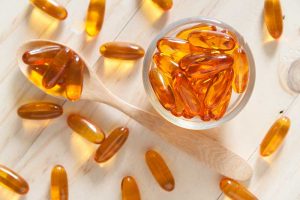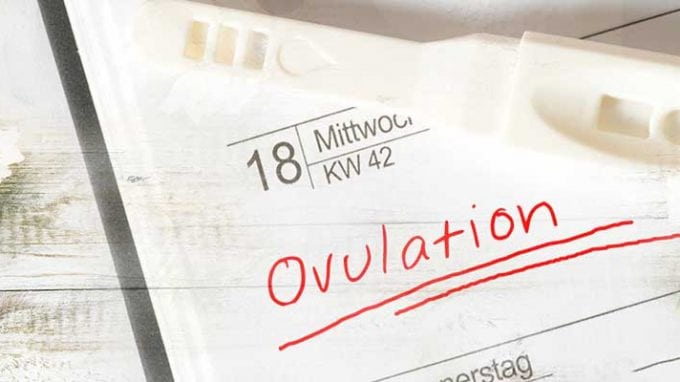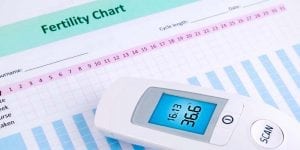If you are looking for a natural way to parenthood but having trouble ovulating, there are a few different ways to naturally induce ovulation and holistically increase your chances of becoming pregnant.
Most women ovulate on or near the 14th day of their cycle. Failing to ovulate is one of the most common causes of infertility. Common treatments for this type of infertility include birth control, laparoscopy, and medications, however there are holistic approaches for those not keen on medications or procedures.
Ovulation Disorders
Ovulation disorders are characterized by problems with the regular ovulatory cycle. Women may ovulate infrequently or not at all. Many women with these disorders have irregular periods. There are many different causes of these disorders, including luteal phase defect and resistant ovary syndrome. The most commonly known cause is polycystic ovarian syndrome (PCOS), characterized by ovarian cysts and abnormal menstrual cycles.
Women with these disorders are often given fertility medications and may even require surgery. However, there are many natural treatments that women can use to overcome infertility issues.
Natural Ways to Treat Ovulation-Related Infertility
Lifestyle Changes
One of the most effective ways to naturally treat ovulation-reduced infertility is to follow a healthy diet. Foods high in trans-fats have been shown to increase infertility issues, so be sure to avoid these. Women should increase their intake of vegetable proteins, such as beans and nuts, decrease animal proteins, and increase intake of whole grains.
Exercise and maintaining ideal weight are also key to naturally treating infertility. Women who are too thin or overweight have an increased risk for irregular periods. Exercising will help keep weight stable and balance hormone levels.
Although effective, this may take some time to get used to. It is not necessarily the most cost-effective treatment; as healthier foods tend to be more expensive than less healthy options. Also, many women may not have the time necessary to add in a daily workout regimen.
Vitamins

Using a prenatal multivitamin is one of the easiest things that women can do for infertility. It will help to make sure that the body is functioning at its best without any invasive procedures or medications. This is a simple lifestyle addition that is low in cost and takes no time. Women should look for a prenatal vitamin containing the above vitamins and minerals. The best multivitamins out there are made from whole foods, as this type is the easiest for the body to break down and absorb.
Fertility Herbs
Aside from taking a multivitamin, herbs have also been shown to have a positive effect on ovulation-related infertility. Maca root, vitex, and tribulus aid in regulating ovulatory issues and hormones. Dong quai, black cohosh, motherwort, parsley root, shatavari root, white peony, and yarrow aid in regulating the menstrual cycle. This natural treatment is a relatively easy addition, as it only consists of taking a pill or powder daily, but isn’t the most cost-effective as some of these herbs can be expensive.
For women looking for natural ways to treat ovulation-related infertility there are many options. Lifestyle changes, such as exercise and heathy diet, multivitamins, and fertility herbs have been shown to be effective in reducing ovulation-related infertility issues. Although not often cheap, they can be extremely effective, are all-natural, and are a relatively easy addition to the daily routine.





